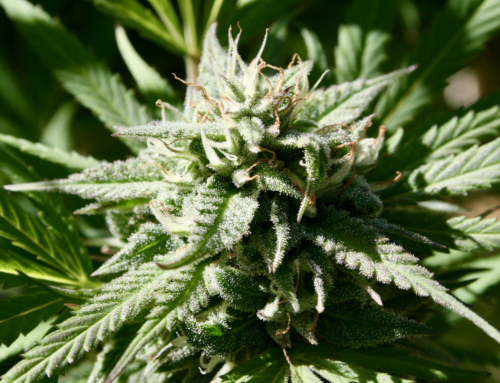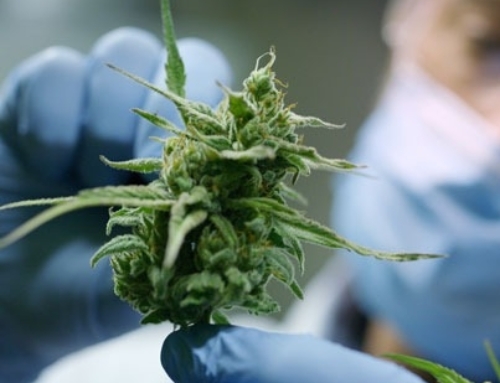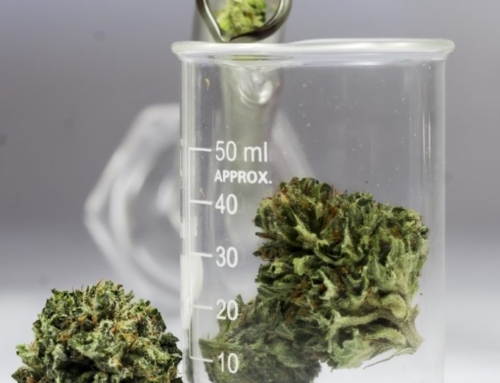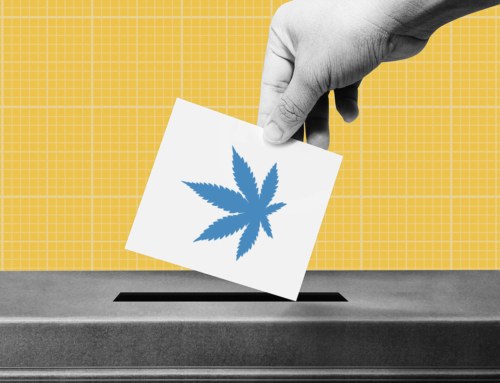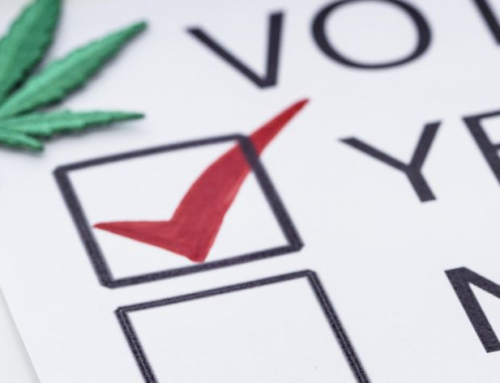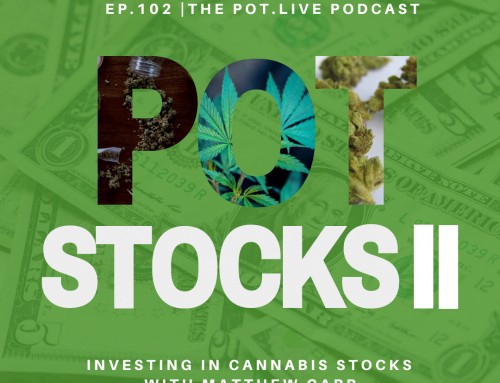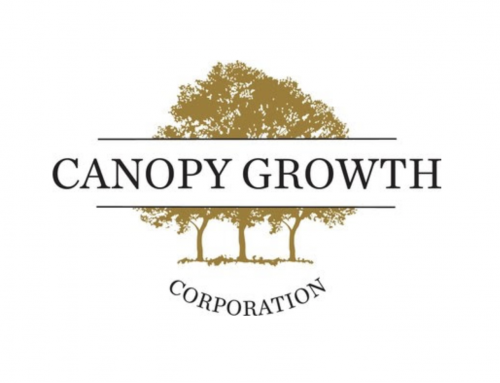Everyone knew 2018 would be a crazy year for California’s cannabis market. Every month, the predictions for yearly revenue increased. Major investment dollars flooded the industry. It wasn’t clear what this would mean for the marijuana industry.
In January 2018, the California Bureau of Cannabis Control announced that medical collectives would be allowed to operate through the end of the year, even without state permits. Thousands of co-ops and collectives were able to continue operations. They cultivated and processed millions of pounds of cannabis.
Today, the cannabis space in California remains, in many ways, a gray area. Some companies have still been operating in both the medical and recreational markets — without official licenses. But how much longer can they continue?
This year on January 10, medical marijuana collectives and cooperatives without a state license have become illegal, according to Marijuana Business Daily.
So non-permitted collectives or co-ops can be raided by law enforcement, and potentially shut down. Owners and employees can face criminal charges and civil fines — among other legal consequences.
In California cities with local bans on recreational cannabis, patients will now have less access to their medicine. (Thousands have been using flower, topicals, concentrates, edibles, and beverages to treat their cancer, HIV/AIDS, IBS, and many other chronic illnesses.)

Although recreational cannabis is available in plenty of cities, prices are still high. These high prices, combined with a limited number of storefronts, have helped the black market thrive. Even with delivery and other resources getting approved for additional counties, the fact remains that it is illegal for patients to go through the trusted medical cannabis resources they’ve been using for years.
The recreational side (Prop 64) has provided flashier customer experiences, but depending on where you live, access to recreational stores may be limited. For years, the medical side (Prop 215) has given cannabis patients the ability to connect with collectives and trusted growers all over California. The new legislation — which allows medical stores to be shut down — is stifling a community that needs a long-term solution.



